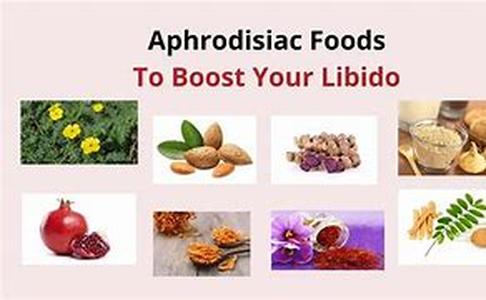
One Necessary Requirement For Good Health Is Proper Levels Of Circulating Blood Fats, Cholesterol And Triglycerides. Naturally, The Body Has A Means Of Regulating The Production And Removal Of The Lipoproteins In Our System In Order To Keep Them At Healthy Levels. However, If These Levels Have Become Too High And The Cholesterol Set Point Of The Body Attempts At Reducing The Cholesterol Through Diet Alone Will Be Defeated By Your Own Bodys Production Of Cholesterol. This Thus Needs To Maintain Its Inappropriate Set Point.Fortunately, There Came A Newly Discovered Factor That Is Said To Be So Potent For Reducing The Bodys Bad Cholesterol, Yet Monitor The Levels And Balance Of The Circulatory Fats The Anion Exchange Chitosan. Scientifically Described, The Word Anion Exchange Refers To A Chemical Process By Which Negative Ions Of One Chemical Are Preferentially Replaced By Negative Ions Of Another Chemical. This Process Is Popularly Known To Reduce And Monitor The Cholesterol Levels In The Body, Not Only To Promote Weight Loss But To Maintain A Healthy, Balanced Body.One Thing That Needs To Be Cleared Here Is That The Term Anion Exchange Chitosan Is Used In This Article To Refer To Chitosan As An Anion Exchange Resin That Is Commonly Used For Lowering The Cholesterol Levels To Promote Weight Loss.The Anion Exchange Chitosan Is The Deacetylated Form Of Chitin, Which Is An Aminopolysaccharide Found In The Exoskeleton Of Arthropods And Certain Fungi. It Seems Chemically Similar To The Plant Fiber, Cellulose, Although It Is Not Derived From Plants. Also, Anion Exchange Chitosan Shares The Characteristic With Dietary Fiber Of Being A Polysaccharide That Is Indigestible By Mammalian Digestive Enzymes. However, How Chitosan Reduces Cholesterol Still Remains Uncertain.Anion Exchange Chitosan Generally Acts A Weak Anion Exchange Resin. Also, It Exhibits A Substantial Viscosity In Vitro. Studies Have Noted That Either Of These Properties Of Chitosan Could Mediate Its Hypocholesterolemic Effect. There Are Some Researches, However, Which Noted That There Is A Great Possibility That The Cholesterol Lowering Effect Of Chitosan Is Due To An Increase In The Viscosity Of The Intestinal Contents. Note That The Increased Intestinal Contents Supernatant Viscosity Is Highly Correlated With The Reduction Of Plasma And Liver Cholesterol, As Well As, The Reductions In The Absorption Of Cholesterol. These Claims Are Generally Based On The Studies Conducted On Animals.Today, Anion Exchange Chitosan, Although The Claims On Whether It Is Safe Or Effective As A Dietary Supplement Remains Uncertain, Is Highly Deemed Perfect For Those Who Wish To Regain Proper Cholesterol Management. Most Of These Claims Actually Stemmed From The Notion That Anion Exchange Chitosan, With Its Ability To Bind Fat In The Digestive Tract And Trap The Fats Before It Is Absorbed By The Body, Greatly Helps To Lower Cholesterol Naturally, Reduce The LDL (bad) Cholesterol And Triglyceride Levels Within The Blood System, And In Turn Increase The HDL (good) Levels. It Is Even Deemed Effective For Metabolizing And Reducing Fatty Acids Within The Blood Stream And Upon Heart And Arterial Tissue.





